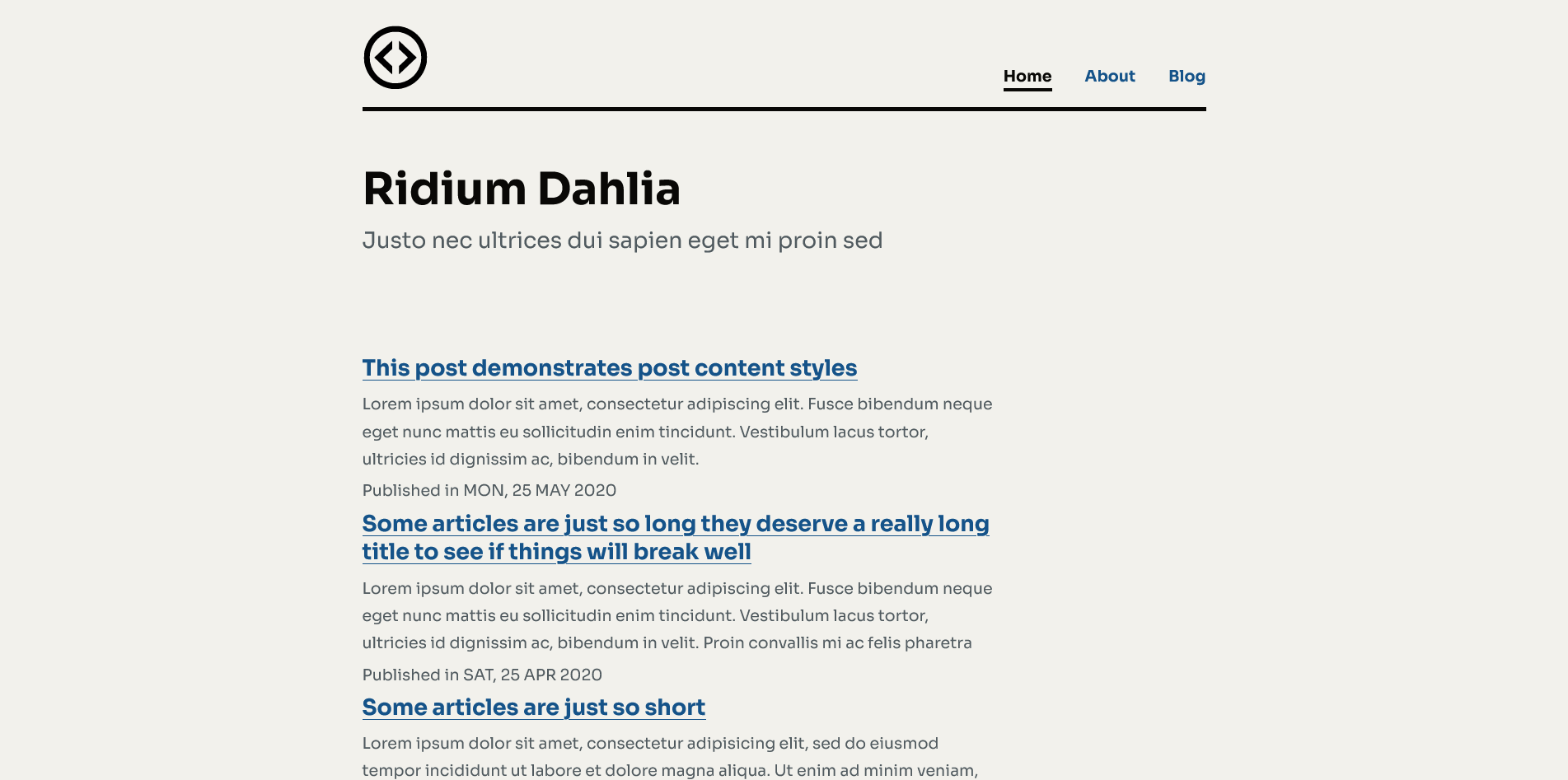A simple blog built using Astro
Inside of your Astro project, you'll see the following folders and files:
/
├── public/
│ ├── code.png
│ └── robots.css
│ └── global.css
│ └── favicon.ico
├── src/
│ ├── posts/
│ │ └── *.md
│ ├── components/
│ │ └── Footer.astro
│ │ └── Header.astro
│ │ └── MainHead.astro
│ │ └── PostCard.astro
│ │ └── PostList.astro
│ │ └── Pagination.astro
│ ├── layouts/
│ │ └── BlogPost.astro
│ │ └── MainLayout.astro
│ ├── pages/
│ └── tags.astro
│ └── index.astro
│ └── index.astro
│ └── contact.astro
│ ├── tags/
| | └── [tag].astro
│ ├── blog/
| └── [slug]/
| | └── index.astro
| └── [all]/
| └── [...page].astro
└── package.json
Astro looks for .astro or .md files in the src/pages/ directory. Each page is exposed as a route based on its file name.
There's nothing special about src/components/, but that's where we like to put any Astro/React/Vue/Svelte/Preact components.
Any static assets, like images, can be placed in the public/ directory.
All commands are run from the root of the project, from a terminal:
| Command | Action |
|---|---|
npm install |
Installs dependencies |
npm run dev |
Starts local dev server at localhost:3000 |
npm run build |
Build your production site to ./dist/ |
npm run preview |
Preview your build locally, before deploying |
Feel free to check Astro documentation or jump into our Astro Discord server.
- Add tags
- Fix index page
- Fix post page
- Add post title
- Add code styling
- Add contact page
- Fix navigation links
- Add pagination to tags
- Change pagination styling
This template is inspired from works the following people :
